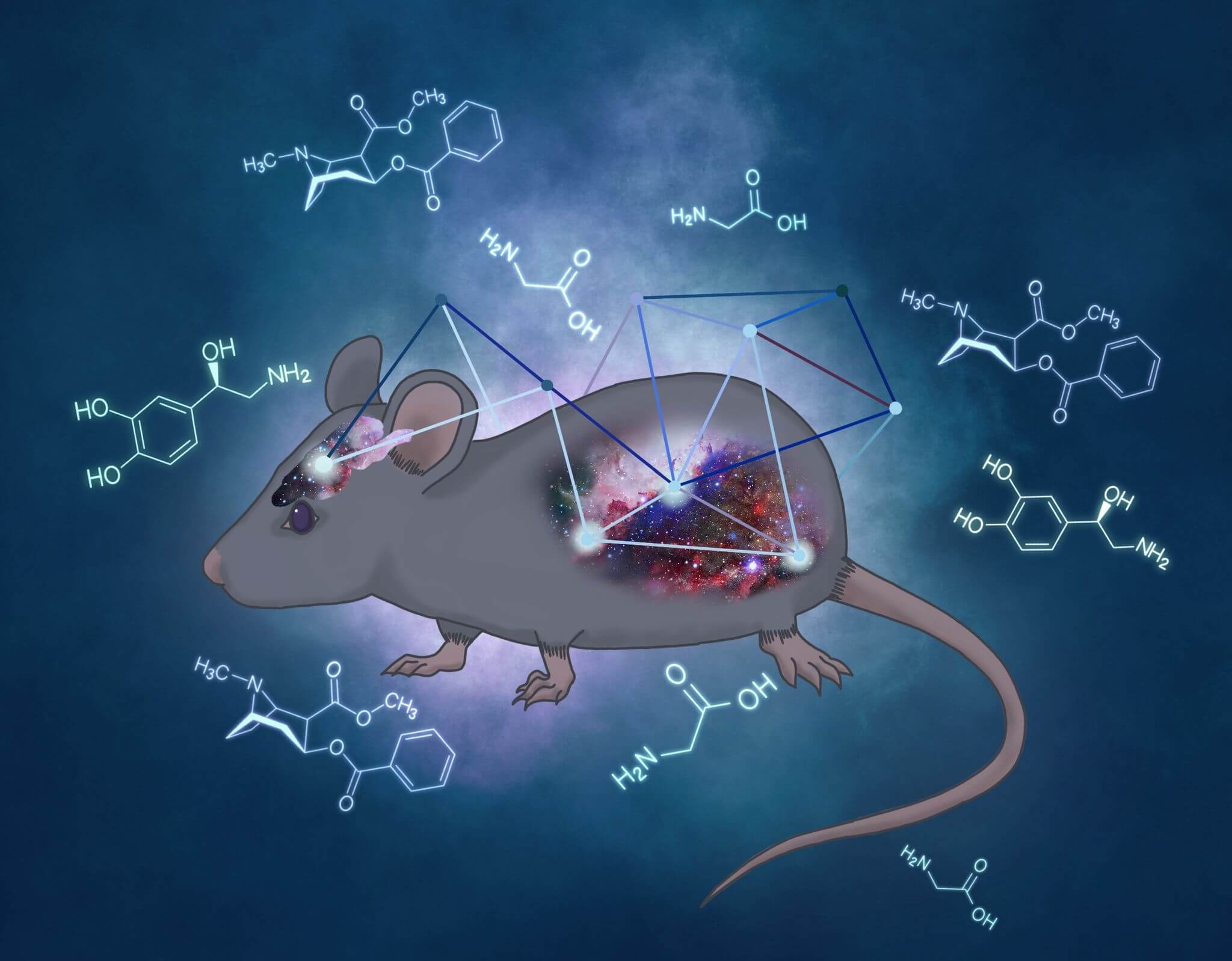Some people believe the premise that knowledge, just for the sake of knowledge, even without an apparent sensible use for said knowledge, is a valuable pursuit. Others believe that the stated premise is frivolous. Where do you weigh in on these?
- In 2004, the University of Minnesota filled a 25-meter swimming pool with a liquid made of guar gum, which had twice the viscosity of water. They wanted to determine the relative difficulties of swimming through syrup vs. water.*
- A Russian study, conducted in 1986, consisted of 11 men lying in bed for 370 days. They were trying to determine the effects of prolonged weightlessness during space expeditions.**
Scientists at the University of Wisconsin School of Medicine and Public Health were curious about the effects of cocaine on common gut bacteria in mice, and the effects of gut bacteria on cocaine in mice.
The study showed that, in mice, common gut bacteria enhance the effects of cocaine, and cocaine supports the growth of gut bacteria. The bacteria consume glycine, an amino acid important for normal brain function. As glycine is depleted, the intensity of the animals’ responses to cocaine escalates, seen as an increase in abnormal behaviors, especially locomotion and seeking behaviors.
When the glycine is replenished, or with bacteria that do not use glycine, the mice behaviors normalize. The response demonstrates that glycine can act as an addiction-like behavior mediator in animals.
“I was interested in the gut-brain axis, and I found it very new and exciting,” says Santiago Cuesta, a neuroscientist at the University of Wisconsin School of Medicine and Public Health, in a statement.
“The gut bacteria are consuming all of the glycine and the levels are decreasing systemically and in the brain. It seems changing glycine overall is impacting the glutamatergic synapses that make the animals more prone to develop addiction,” adds Vanessa Sperandio, Cuesta’s colleague.
“Usually, for neuroscience behaviors, people are not thinking about controlling the microbiota, and microbiota studies usually don’t measure behaviors, but here we show they’re connected” comments Cuesta. “Our microbiome can actually modulate psychiatric or brain-related behaviors.”
“I think the bridging of these communities is what’s going to move the field forward, advancing beyond correlations, towards causations for the different types of psychiatric disorders,” concludes Sperandio.
*There was no difference in difficulty swimming through water or syrup.
**Russia did not report the results of having men lay in bed for more than a year.
The study’s findings are published in Cell Host & Microbe.
